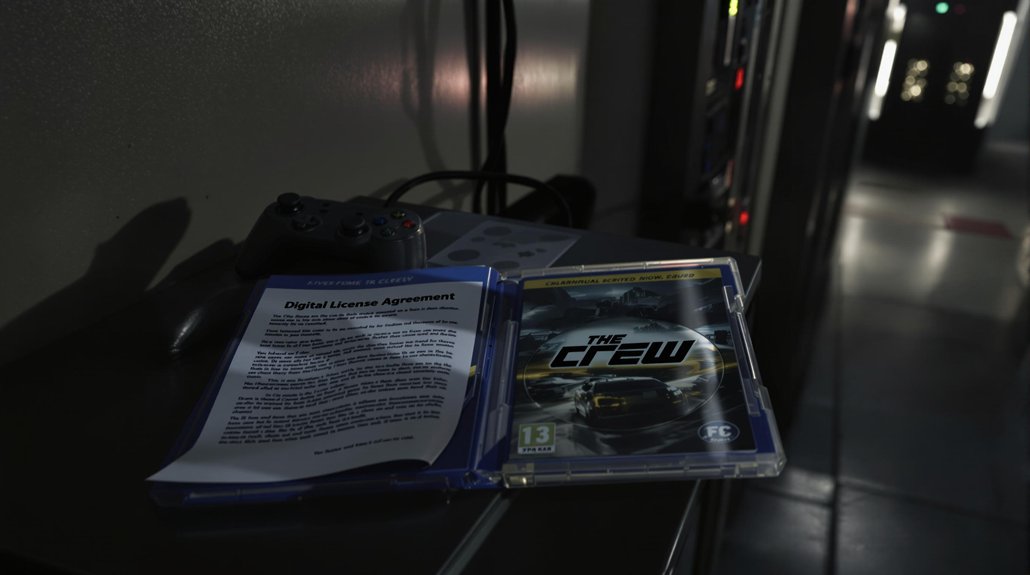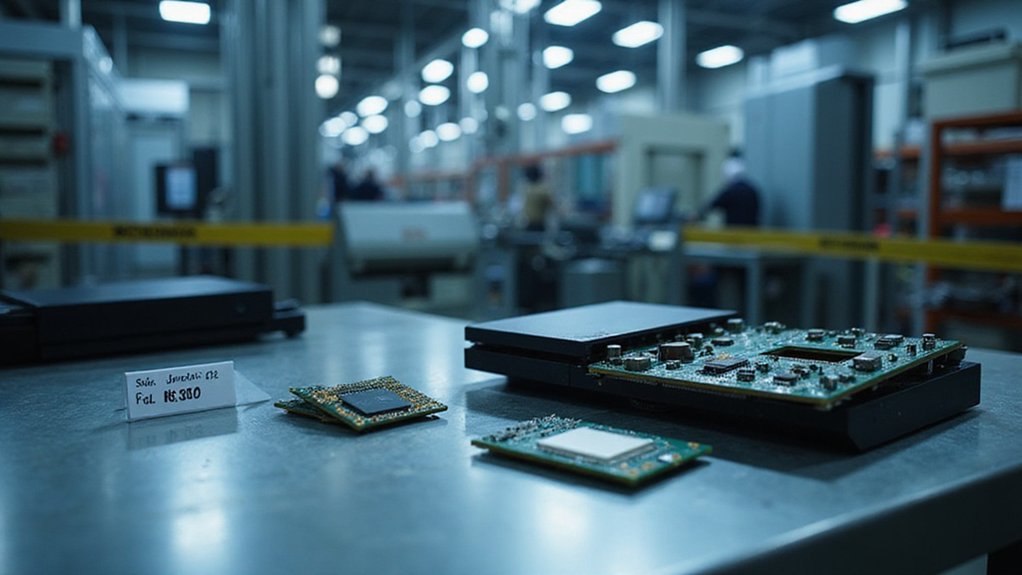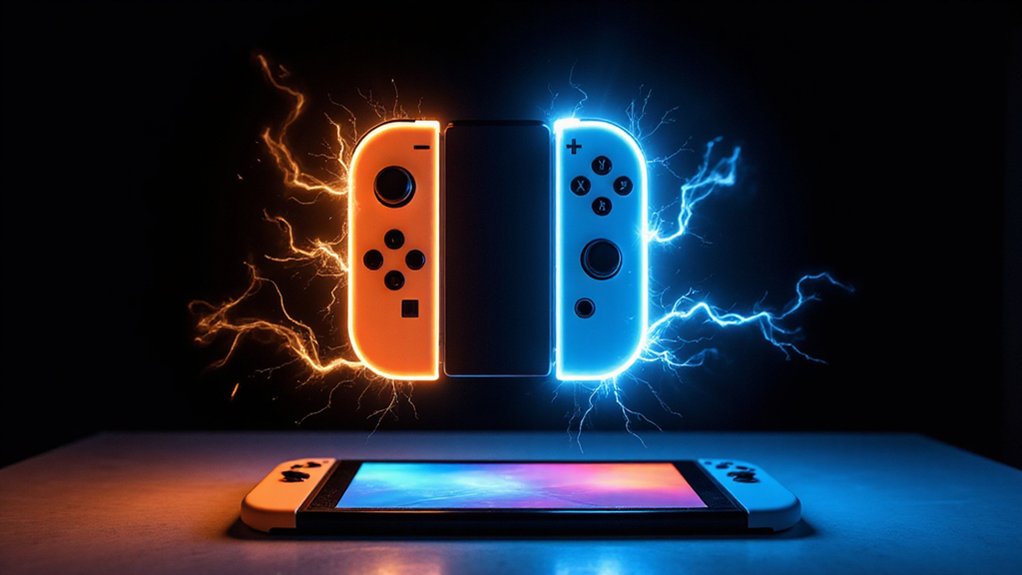Ubisoft sparked debate in the gaming world by shutting down servers for “The Crew” in March 2024. Players who bought the game can’t access it anymore. The company claims gamers only license their products, not own them. This stance led to a lawsuit in California challenging these terms. The case highlights growing tensions between consumer expectations and publisher control. What happens next could reshape how digital games are sold and preserved.
In a controversial legal dispute that’s shaking the gaming industry, Ubisoft has firmly stated that players only “license” games rather than owning them outright. The declaration comes amid a lawsuit over the permanent shutdown of servers for racing game “The Crew,” which has left players unable to access a title they purchased.
Ubisoft permanently shut down “The Crew” servers in March 2024, citing aging infrastructure and licensing limitations. Unlike its sequels “The Crew 2” and “Motorfest,” which received offline modes, the original game became completely unplayable after the shutdown.
The first-gen racer went dark in 2024, becoming a digital paperweight while its sequels retained offline playability.
The lawsuit alleges Ubisoft misled consumers into believing they were purchasing full ownership of the game. Plaintiffs claim the company violated California’s Consumer Legal Remedies Act and Unfair Competition Law through fraudulent misrepresentation and breach of warranty.
Ubisoft defends its position by pointing to terms of service that specifically state players receive a limited license to access games, not ownership rights. The company maintains it provided support for “The Crew” for almost a decade, exceeding typical expectations for online game maintenance.
The case highlights a growing tension between traditional ownership concepts and digital licensing models. Plaintiffs compared the situation to a manufacturer gutting a pinball machine after purchase, leaving consumers with a useless product. Players who paid full price for “The Crew” now have what plaintiffs describe as “a skeleton of the product” they purchased, with no ability to download or play the game, even offline.
Video game preservation advocates have seized on this situation to highlight broader industry concerns. The inability to preserve “The Crew” exemplifies challenges faced by historians and enthusiasts trying to archive digital-only games.
Consumer reactions have been largely negative, with many players expressing frustration over the abrupt loss of access to paid content. Critics argue that digital licensing models considerably diminish consumer rights compared to traditional ownership.
The plaintiffs provided evidence showing activation codes with an expiration date of 2099, suggesting long-term access rights that contradict Ubisoft’s current position on limited licensing.
As the lawsuit proceeds, the outcome could influence how game publishers communicate licensing terms and maintain access to digital content after server shutdowns, potentially reshaping industry practices around game preservation and consumer rights.









